What's the difference between Apache's Mesos and Google's Kubernetes
I read the accepted answers but I'm still confused what the differences are.
If Kubernetes is a cluster management then what does Mesos do (I understand what it does from watching bunch of videos but I suppose I'm more confused how those two work together)? From reading both Kubernetes and Marathon are "framework" sitting on top of Mesos?
What is Mesos responsible for and what are Kubernetes/Marathon responsible for and how do they work with each other?
EDIT:
I think the better question is When would I want to use Kubernetes on top of Mesos vs just running Mesos alone?
